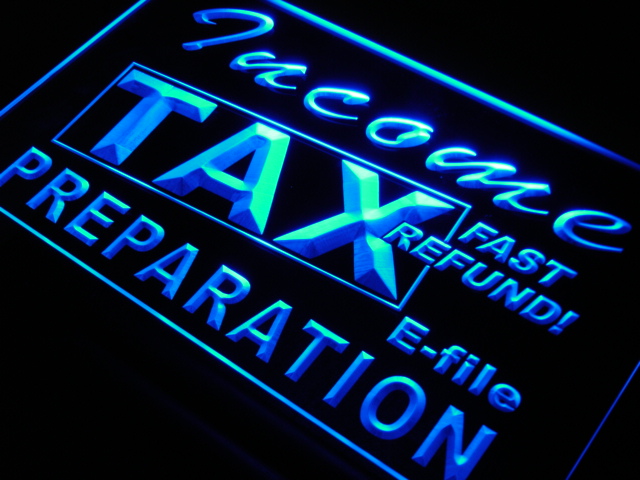Although most Americans may not have received all of their tax documents yet, it’s not too early for them to start looking for someone to prepare their tax return. But the IRS and other groups warn that people shouldn’t trust their private financial documents to just anyone. It’s good to know exactly what their tax preparer’s credentials mean, and whether they really qualify as credentials at all.
Not All Tax Preparers Are The Same
First, taxpayers should know that there is no national licensing requirement required for someone to call themselves a professional tax preparer and charge others to file their income taxes. People preparing another person’s income taxes for a fee are, however, required to have a PTIN, or Preparer Tax Identification Number. Some states have additional income tax preparer requirements for state income taxes, however. This leaves a lot of room for less than reputable individuals to set up shop.
Enrolled agents (“EAs”) and certified public accountants (“CPAs”) are both licensed and must pass testing and report continuing education hours. EAs earn their credential by passing a comprehensive exam administered by the IRS that covers individual, business, estate and trust taxation, and IRS representation. CPAs must pass a stringent four-part test, one part of which centers on taxation, while the other parts focus on financial accounting and reporting, financial auditing and business practices.
EAs and CPAs, along with attorneys, are the only professionals authorized to represent taxpayers before the IRS (such as during audits or for other communications). Few attorneys, however, prepare taxes.
The “Annual Filing Season Program” is new this year, and some preparers may advertise themselves as “AFSP.” This voluntary program got its start after IRS’ efforts to require that all preparers be tested and complete annual continuing education failed because a judge ruled that IRS did not have the authority to impose the requirement. This acronym, AFSP, is not a credential. It only shows that the preparer has passed a basic test and agreed to voluntarily complete some continuing education each year.
Whomever a taxpayer hires to do their taxes must have a Preparer Tax Identification Number (PTIN). It’s the law: Anyone who prepares or assists in preparing federal tax returns for compensation must have a valid 2015 PTIN before preparing returns. Checking for a PTIN is good place to start in making sure the preparer is on the level.
Seeing initials after a tax preparer’s name does not necessarily indicate that he or she is competent, but because the tax code changes so frequently, it can be reassuring to know that a preparer is required to complete continuing education. EAs, CPAs, commercial firms, and seasonal tax preparers are popular choices for tax preparation, however, only EAs, CPAs and attorneys can represent a taxpayer before the IRS if there’s a problem.
These professionals are all required to meet their own licensing agency’s continuing education requirements to ensure they keep up with the ever-changing tax code. The IRS also recommends that people look to see if their preparer is a member of a national professional organization, since members are often bound by a code of ethics as well as continuing education requirements.
Thanks for reading CPA Practice Advisor!
Subscribe Already registered? Log In
Need more information? Read the FAQs
Tags: Income Taxes, IRS, Software, Taxes




